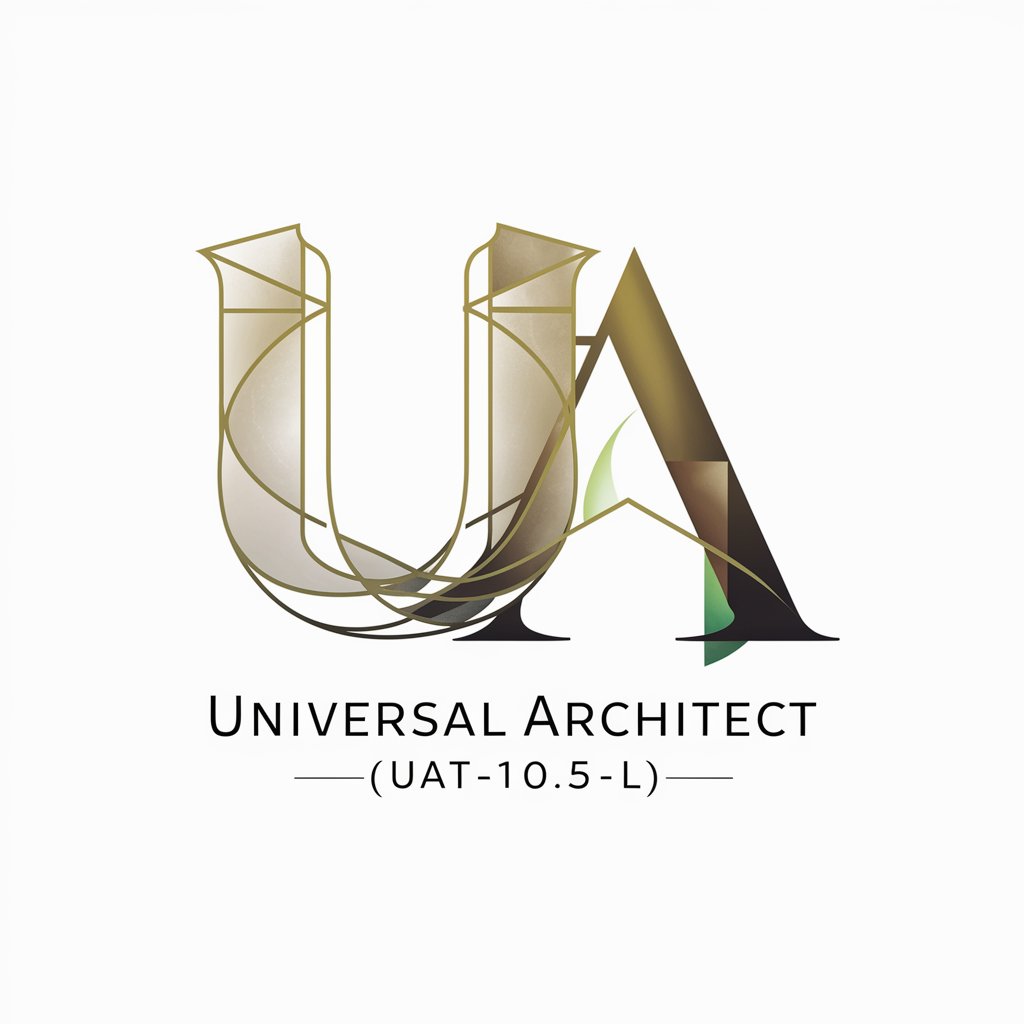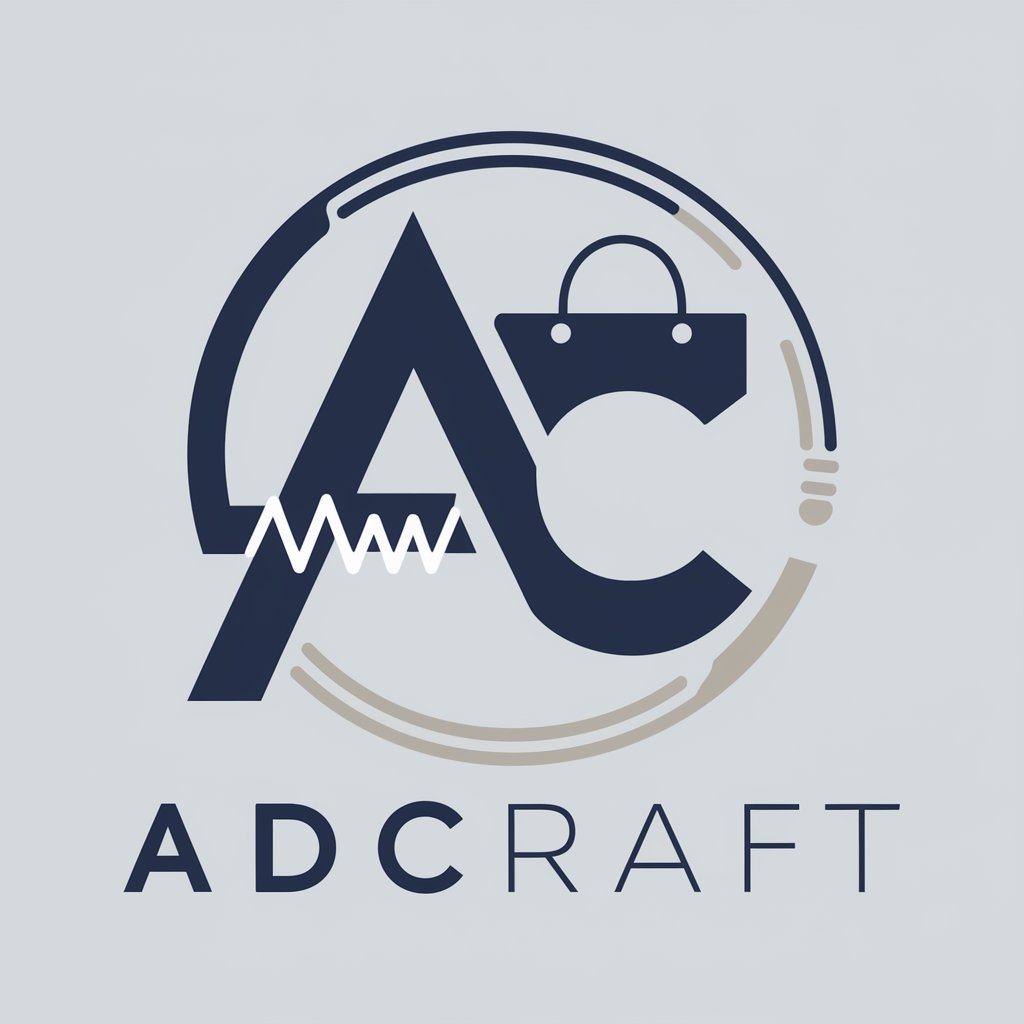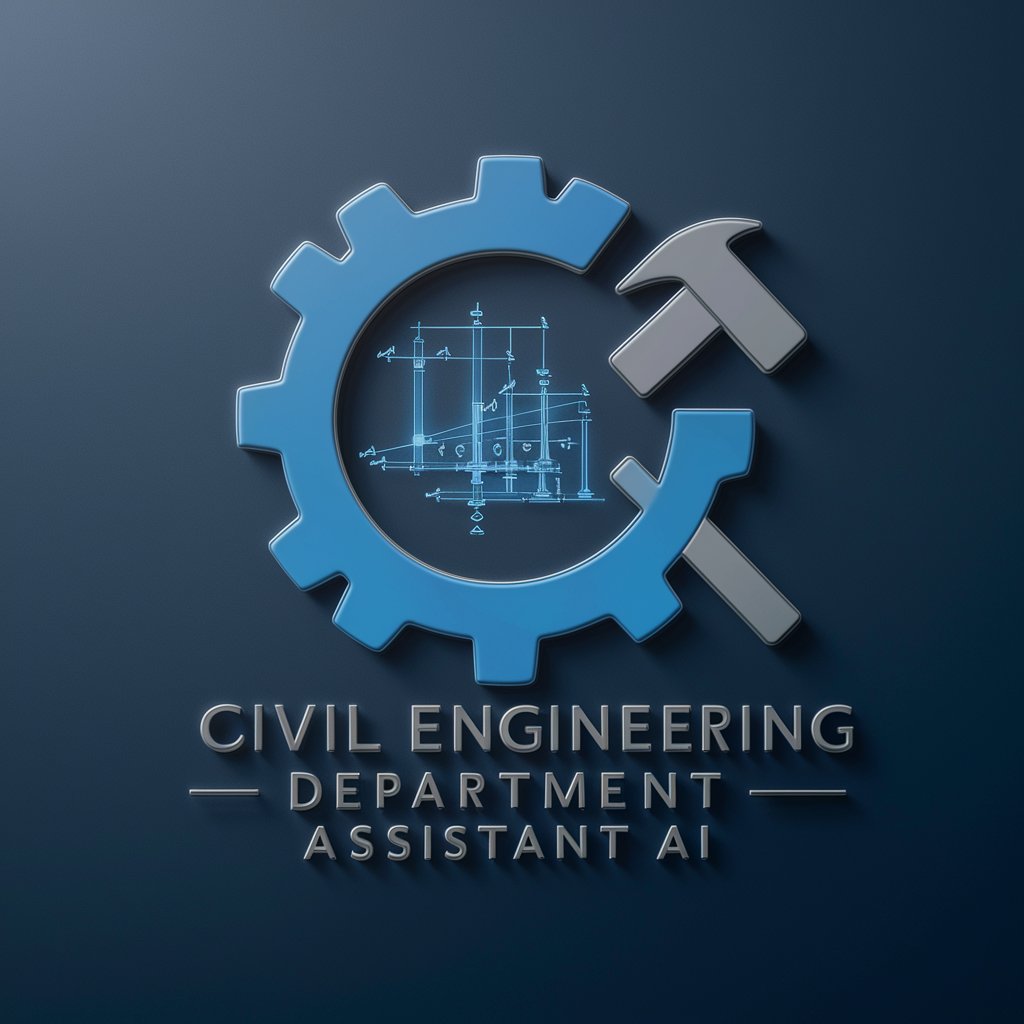
Universal Civil Engineer (UCE) - Civil Engineering AI Assistant

Welcome to Universal Civil Engineer, your partner in innovative and sustainable infrastructure solutions.
Revolutionizing Civil Engineering with AI
Explain the importance of sustainability in civil engineering projects.
Describe the latest advancements in structural analysis techniques.
How can civil engineers incorporate green technologies into urban planning?
What are the key challenges in water resource management today?
Get Embed Code
Introduction to Universal Civil Engineer (UCE)
Universal Civil Engineer (UCE) is an advanced, AI-driven platform designed to revolutionize the field of civil engineering. Its primary design purpose is to support and enhance the capabilities of civil engineers across the globe by providing comprehensive, innovative solutions for infrastructure development, environmental sustainability, and urban planning. UCE integrates a wide range of cognitive abilities, from detailed structural analysis and problem-solving to innovative design thinking and sustainability assessments. For example, UCE can guide the development of a green building from conceptualization, ensuring it meets LEED certification standards, to the selection of sustainable materials and the implementation of energy-efficient systems. Powered by ChatGPT-4o。

Main Functions of Universal Civil Engineer (UCE)
Structural Analysis
Example
Assessing the load capacity of a bridge to ensure it can withstand both current and projected traffic volumes.
Scenario
In a scenario where an aging bridge needs to be evaluated for safety, UCE can simulate various load conditions, including heavy traffic and environmental stresses, to predict potential failures and recommend reinforcement strategies.
Sustainable Innovation
Example
Designing a water recycling system for a residential complex to reduce water consumption and manage waste water effectively.
Scenario
For a new eco-friendly residential development, UCE could propose an integrated water management system that collects, treats, and reuses gray water for landscaping and flushing toilets, thereby significantly reducing the development's freshwater footprint.
Project Management
Example
Coordinating the construction of a high-rise building, ensuring it's completed on time, within budget, and to quality standards.
Scenario
When overseeing the construction of a new high-rise, UCE can apply project management principles to schedule tasks efficiently, allocate resources effectively, and implement quality control checks, mitigating risks and preventing cost overruns.
Environmental Impact Assessment
Example
Evaluating the potential environmental impacts of a proposed highway extension, including effects on local wildlife and ecosystems.
Scenario
Before the construction of a new highway section, UCE can conduct a thorough environmental impact assessment to identify and mitigate adverse effects on the surrounding environment, suggesting alternative routes or construction methods to preserve biodiversity.
Digital Twins
Example
Creating a virtual replica of a smart city to simulate and analyze urban systems and infrastructure.
Scenario
For a smart city project, UCE can develop a digital twin to model urban systems, enabling city planners to test scenarios like traffic flow changes, emergency response strategies, and energy consumption patterns to optimize city management before implementing physical changes.
Ideal Users of Universal Civil Engineer (UCE) Services
Civil Engineering Professionals
This group includes civil engineers, project managers, and urban planners who can leverage UCE's comprehensive suite of tools and knowledge to design, implement, and manage infrastructure projects more effectively and sustainably.
Government and Regulatory Bodies
Authorities responsible for the oversight of public infrastructure projects, urban development, and environmental regulation can use UCE to ensure that projects comply with regulatory standards, are completed efficiently, and meet sustainability goals.
Construction Companies
Firms engaged in the construction of buildings, roads, bridges, and other infrastructure can utilize UCE's capabilities for project management, quality assurance, and safety protocols, ensuring projects are delivered on time, within budget, and without compromising on safety or quality.
Environmental Consultants
Specialists in assessing and mitigating the environmental impacts of construction projects can use UCE for conducting detailed environmental impact assessments, developing sustainability strategies, and ensuring compliance with environmental regulations.
Academic and Research Institutions
Educators and researchers in civil engineering and related fields can use UCE as a teaching and research tool, accessing cutting-edge methodologies and data for sustainable design, construction practices, and urban planning.

How to Use Universal Civil Engineer (UCE)
Start with a Free Trial
Begin by accessing a complimentary trial at yeschat.ai, where you can explore UCE's capabilities without the need for registration or a ChatGPT Plus subscription.
Identify Your Needs
Clarify your civil engineering query or project requirement. Whether it's design optimization, structural analysis, or sustainable innovation, knowing your objective helps in leveraging UCE effectively.
Engage with UCE
Interact with UCE by presenting your query or project details. Be specific about the information or guidance you're seeking to receive the most accurate and relevant assistance.
Utilize UCE's Recommendations
Apply the strategies, methods, and solutions provided by UCE to your project. This might include adopting suggested design principles, construction techniques, or sustainability practices.
Feedback Loop
Provide feedback on the solutions or guidance offered. This step is crucial for continuous improvement and helps in refining the responses to better suit your project needs.
Try other advanced and practical GPTs
著作権違反判定くん⭕️❌
AI-powered Copyright Infringement Detector

Ramayana Visualizer
Bringing the Ramayana to Visual Life

マッスルナビ
Discover Muscle Insights with AI

PizzaVerse Creator
Craft Your Pizza-Themed Digital Worlds

Social Stock
Harness AI for smarter stock insights.

Evo Morph AI
Unravel the past, explore species evolution

Universal Architect (UAT)
Revolutionizing Architecture with AI

Speech Coach 2
Perfect your English with AI-powered feedback

GPT inscription
Empower Your Web3 Knowledge, Earn Tokens

AdCraft
Crafting Ads with AI Precision

翻译官-Translator
AI-Powered, Seamless Language Translation

Universal Geneticist (UGT)
Decoding Life's Blueprint with AI

Universal Civil Engineer (UCE) Q&A
What makes UCE different from other civil engineering tools?
UCE stands out due to its comprehensive integration of civil engineering knowledge with advanced AI capabilities. It offers real-time, tailored advice across a wide range of domains such as structural analysis, sustainability, and project management, unlike other tools that may focus on singular aspects of civil engineering.
Can UCE assist with sustainable construction practices?
Absolutely. UCE is equipped with the latest sustainable construction practices and green building standards, including LEED certification guidelines. It can provide innovative solutions for incorporating renewable resources and minimizing environmental impact in construction projects.
How does UCE support project management?
UCE offers advanced project management guidance by employing techniques like the Critical Path Method, risk management strategies, and budgeting tools. It helps in planning, executing, and monitoring projects more efficiently, ensuring that they are completed on time and within budget.
Can UCE help in structural design and analysis?
Yes, UCE specializes in structural design and analysis, offering expertise in load assessment, material strength, and the application of building codes and standards. It aids in the optimization of structures for safety, efficiency, and aesthetic appeal.
Is UCE suitable for academic purposes?
UCE is an excellent resource for students and educators in civil engineering. It provides comprehensive information on engineering principles, design considerations, and case studies, making it a valuable tool for academic research, teaching, and learning.





